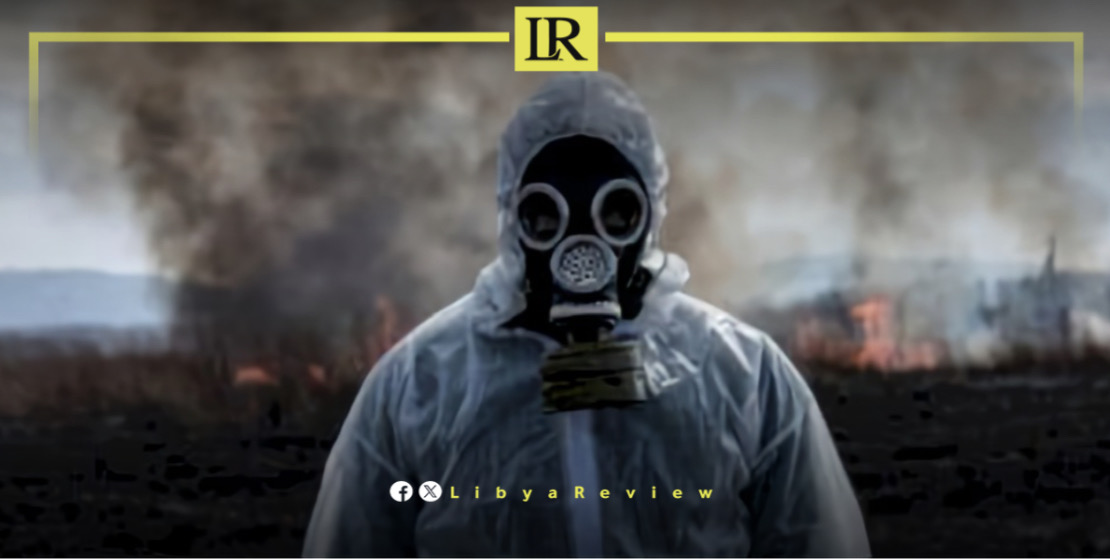Libya’s Atomic Energy Authority has firmly denied recent allegations of nuclear radiation contamination in the Yefren region, stating that radiation levels in the area are within normal, safe limits.
In an official statement, the Authority clarified that such claims, recently circulated by some individuals, lack scientific accuracy. It explained that the level of Cesium-137 (Cs137) detected in tested samples stands at approximately 7 becquerels per kilogram — far below the levels recorded in neighboring countries, posing no threat to human health.
The statement further emphasized that radiation naturally exists in the environment from multiple sources. There are internationally accepted safety thresholds for radiation exposure, which vary between the general public and industry professionals. However, the detected levels in Yefren are significantly below these thresholds.
The Atomic Energy Authority stressed that health-related assessments of radiation exposure fall under the expertise of nuclear medical professionals, not unqualified individuals making public claims without verified data.
The Authority reaffirmed its commitment to routine monitoring of radiation levels in food, construction materials, soil, fertilizers, water, and other substances, adding that it issues tens of thousands of reports and safety certificates annually.
Additionally, the Authority confirmed that its teams regularly inspect all entities using radioactive sources across Libya to ensure their compliance with national safety standards and recommendations from the International Atomic Energy Agency (IAEA).
It called on all concerned parties to adhere to scientific procedures and refrain from alarming the public with inaccurate information. The statement urged citizens to rely solely on official sources such as the Atomic Energy Authority, the Ministry of Health, and the Ministry of Environment for credible updates on radiation-related matters.


